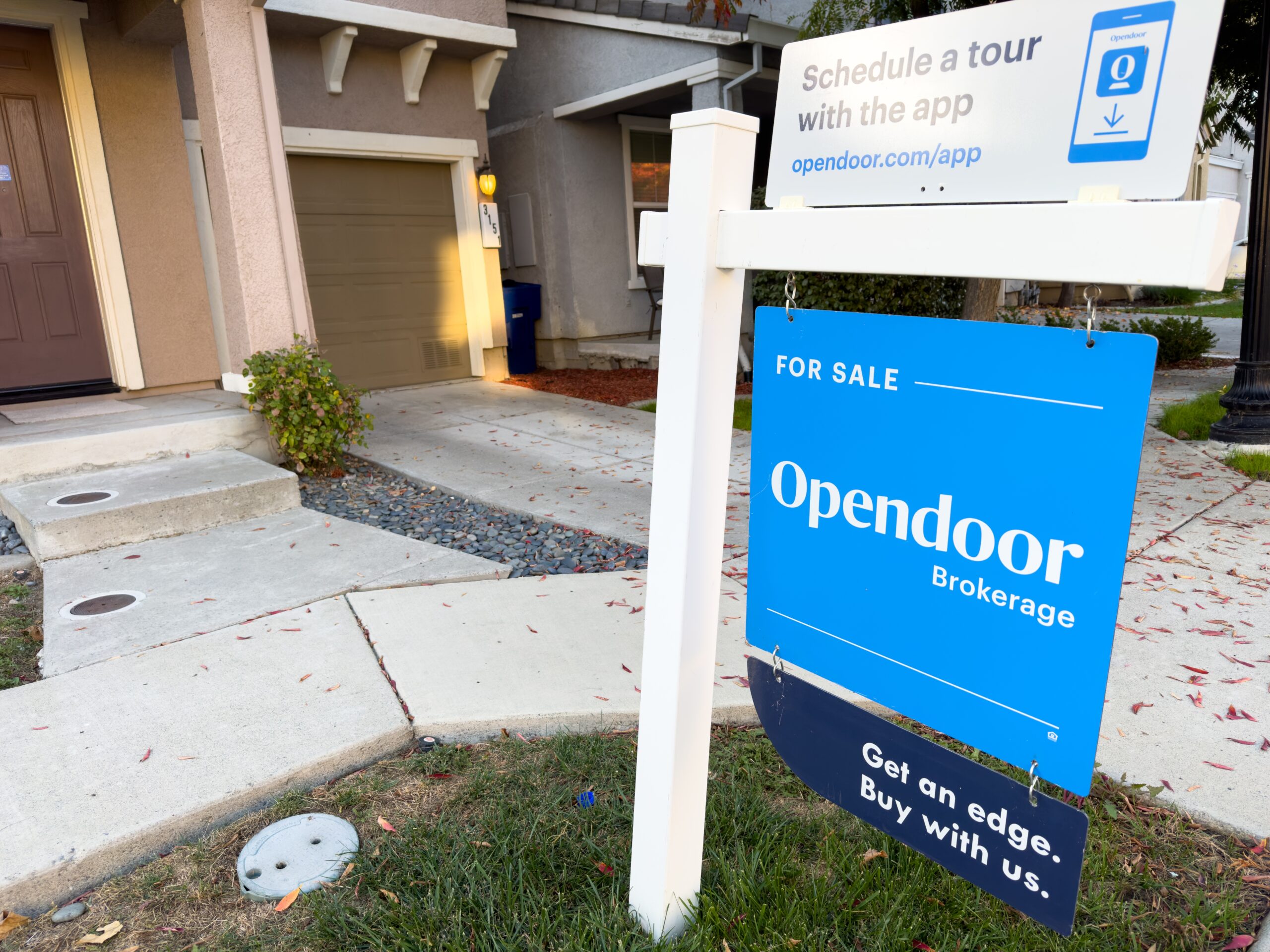[ad_1]
Posted In: Behavioral Finance, Drivers of Worth, Economics, Management, Administration & Communication Expertise, Portfolio Administration
Editor’s Word: In reminiscence of Daniel Kahneman, we have now reposted this Enterprising Investor article which shares insights from his presentation on the 2018 CFA Institute Annual Convention.
Nobel laureate Daniel Kahneman reworked the fields of economics and investing. At their most elementary, his revelations reveal that human beings and the choices they make are way more difficult — and way more fascinating — than beforehand thought.
He delivered a fascinating mini seminar on among the key concepts which have pushed his scholarship, exploring instinct, experience, bias, noise, how optimism and overconfidence affect the capitalist system, and the way we will enhance our determination making, on the 71st CFA Institute Annual Convention in Hong Kong.

“Optimism is the engine of capitalism,” Kahneman mentioned. “Overconfidence is a curse. It’s a curse and a blessing. The individuals who make nice issues, should you look again, they have been overconfident and optimistic — overconfident optimists. They take huge dangers as a result of they underestimate how huge the dangers are.”
However by learning solely the success tales, individuals are studying the fallacious lesson.
“For those who have a look at everybody,” he mentioned, “there may be a number of failure.”
The Perils of Instinct
Instinct is a type of what Kahneman calls quick, or System 1, considering and we frequently base our choices on what it tells us.
“We belief our intuitions even once they’re fallacious,” he mentioned.
However we can belief our intuitions — offered they’re primarily based on actual experience. And whereas we develop experience by means of expertise, expertise alone isn’t sufficient.
In reality, analysis demonstrates that have will increase the boldness with which individuals maintain their concepts, however not essentially the accuracy of these concepts. Experience requires a specific type of expertise, one which exists in a context that offers common suggestions, that’s successfully testable.
“Is the world during which the instinct comes up common sufficient in order that we have now a possibility to study its guidelines?” Kahneman requested.
Relating to the finance sector, the reply might be no.
“It’s very tough to think about from the psychological evaluation of what experience is you can develop true experience in, say, predicting the inventory market,” he mentioned. “You can’t as a result of the world isn’t sufficiently common for folks to study guidelines.”
That doesn’t cease folks from confidently predicting monetary outcomes primarily based on their expertise.
“That is psychologically a puzzle,” Kahneman mentioned. “How might one study when there’s nothing to study?”
That kind of instinct is absolutely superstition. Which implies we shouldn’t assume we have now experience in all of the domains the place we have now intuitions. And we shouldn’t assume others do both.
“When any person tells you that they’ve a robust hunch a few monetary occasion,” he mentioned, “the protected factor to do is to not consider them.”
Noise Alert
Even in testable domains the place causal relationships are readily discernible, noise can distort the outcomes.
Kahneman described a research of underwriters at a well-run insurance coverage firm. Whereas not an actual science, underwriting is a site with learnable guidelines the place experience might be developed. The underwriters all learn the identical file and decided a premium. That there could be divergence within the premium set by every was understood. The query was how giant a divergence.
“What share would you count on?” Kahneman requested. “The quantity that involves thoughts most frequently is 10%. It’s pretty excessive and a conservative judgment.”
But when the common was computed, there was 56% divergence.
“Which actually implies that these underwriters are losing their time,” he mentioned. “How can it’s that folks have that quantity of noise in judgment and never concentrate on it?”
Sadly, the noise downside isn’t restricted to underwriting. And it doesn’t require a number of folks. One is commonly sufficient. Certainly, even in additional binary disciplines, utilizing the identical knowledge and the identical analyst, outcomes can differ.
“Every time there may be judgment there may be noise and doubtless much more than you suppose,” Kahneman mentioned.
For instance, radiologists got a collection of X-rays and requested to diagnose them. Generally they have been proven the identical X-ray.
“In an incredibly excessive variety of instances, the prognosis is completely different,” he mentioned.
The identical held true for DNA and fingerprint analysts. So even in instances the place there ought to be one foolproof reply, noise can render certainty not possible.
“We use the phrase bias too usually.”
Whereas Kahneman has spent a lot of his profession learning bias, he’s now targeted on noise. Bias, he believes, could also be overdiagnosed, and he recommends assuming noise is the perpetrator in most decision-making errors.
“We should always take into consideration noise as a potential clarification as a result of noise and bias lead you to completely different treatments,” he mentioned.
Hindsight, Optimism, and Loss Aversion
In fact, once we make errors, they have an inclination to skew in two opposing instructions.
“Individuals are very loss averse and really optimistic. They work towards one another,” he mentioned. “Folks, as a result of they’re optimistic, they don’t notice how unhealthy the percentages are.”
As Kahneman’s analysis on loss aversion has proven, we really feel losses extra acutely than good points.
“Our estimate in lots of conditions is 2 to 1,” he mentioned.
But we are likely to overestimate our possibilities of success, particularly through the planning part. After which regardless of the end result, hindsight is 20/20: Why issues did or didn’t work out is at all times apparent after the actual fact.
“When one thing occurs, you instantly perceive the way it occurs. You instantly have a narrative and an evidence,” he mentioned. “You’ve gotten that sense that you just discovered one thing and that you just received’t make that mistake once more.”
These conclusions are often fallacious. The takeaway shouldn’t be a transparent causal relationship.
“What it is best to study is that you just have been stunned once more,” Kahneman mentioned. “You need to study that the world is extra unsure than you suppose.”
So on the planet of finance and investing, the place there may be a lot noise and bias and so little reliable instinct and experience, what can professionals do to enhance their determination making?
Kahneman proposed 4 easy methods for higher determination making that may be utilized to each finance and life.

1. Don’t Belief Folks, Belief Algorithmshttps://rpc.cfainstitute.org/en/analysis/financial-analysts-journal/2024/financial-analysts-journal-second-quarter-2024-vol-80-no-2
Whether or not it’s predicting parole violators and bail jumpers or who will succeed as a analysis analyst, algorithms are usually preferable to unbiased human judgment.
“Algorithms beat people about half the time. And so they match people about half time,” Kahneman mentioned. “There are only a few examples of individuals outperforming algorithms in making predictive judgments. So when there’s the potential for utilizing an algorithm, folks ought to use it. We’ve got the concept it is extremely difficult to design an algorithm. An algorithm is a rule. You may simply assemble guidelines.”
And once we can’t use an algorithm, we should always prepare folks to simulate one.
“Practice folks in a mind-set and in a means of approaching issues that can impose uniformity,” he mentioned.
2. Take the Broad View
Don’t view every downside in isolation.
“The one finest recommendation we have now in framing is broad framing,” he mentioned. “See the choice as a member of a category of selections that you just’ll most likely should take.”
3. Check for Remorse
“Remorse might be the best enemy of excellent determination making in private finance,” Kahneman mentioned.
So assess how inclined shoppers are to it. The extra potential for remorse, the extra doubtless they’re to churn their account, promote on the fallacious time, and purchase when costs are excessive. Excessive-net-worth people are particularly danger averse, he mentioned, so attempt to gauge simply how danger averse.
“Purchasers who’ve regrets will usually hearth their advisers,” he mentioned.
4. Search Out Good Recommendation
A part of getting a wide-ranging perspective is to domesticate curiosity and to hunt out steerage.
So who’s the best adviser? “An individual who likes you and doesn’t care about your emotions,” Kahneman mentioned.
For him, that individual is fellow Nobel laureate Richard H. Thaler.
“He likes me,” Kahneman mentioned. “And couldn’t care much less about my emotions.”
For those who appreciated this publish, don’t neglect to subscribe to the Enterprising Investor.
All posts are the opinion of the creator. As such, they shouldn’t be construed as funding recommendation, nor do the opinions expressed essentially mirror the views of CFA Institute or the creator’s employer.
Picture courtesy of IMAGEIN
Skilled Studying for CFA Institute Members
CFA Institute members are empowered to self-determine and self-report skilled studying (PL) credit earned, together with content material on Enterprising Investor. Members can document credit simply utilizing their on-line PL tracker.
[ad_2]
Source link







